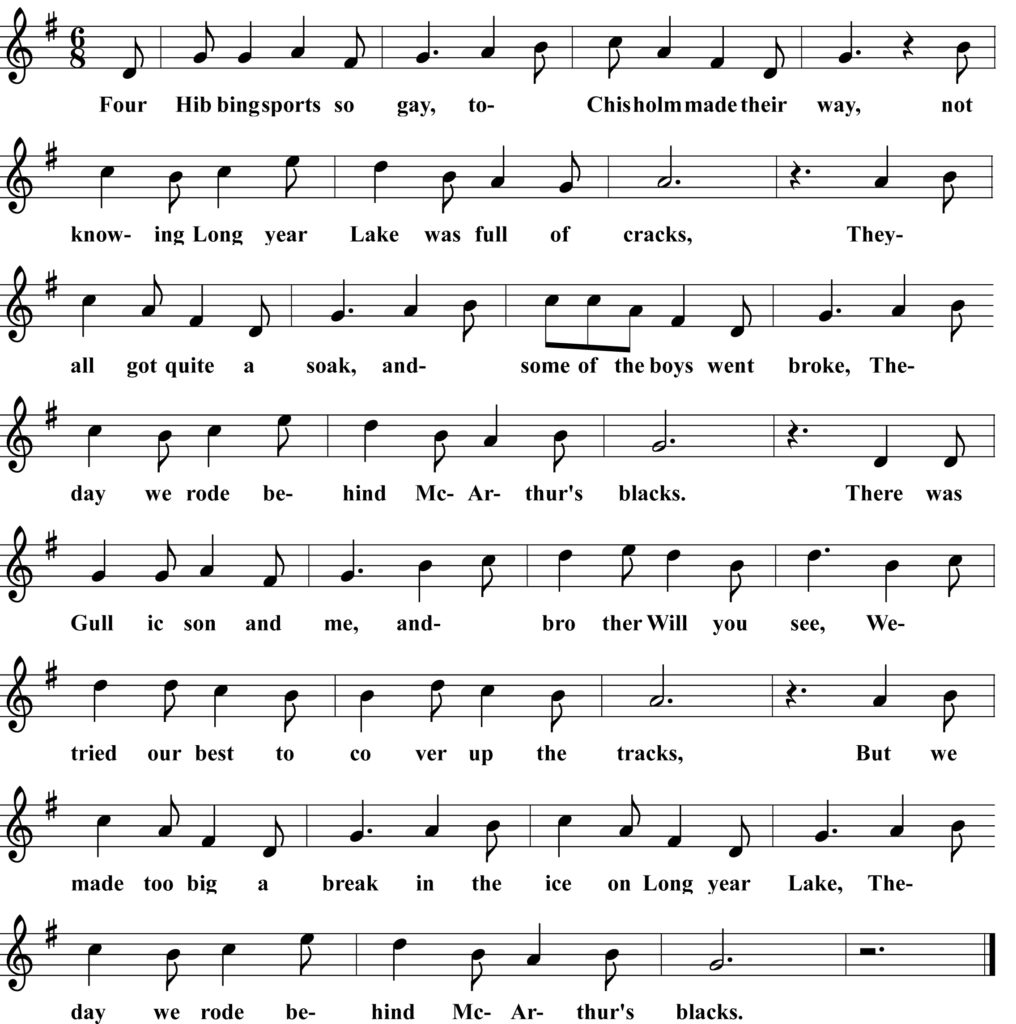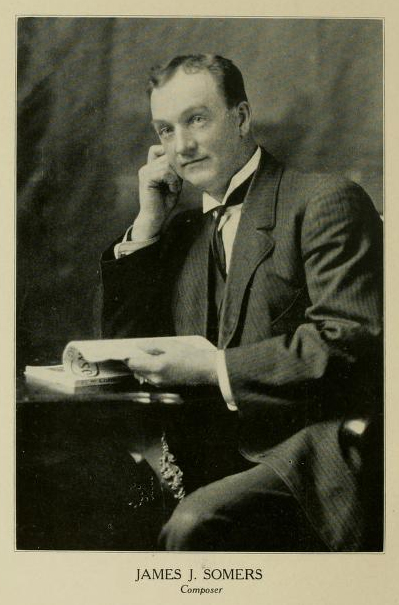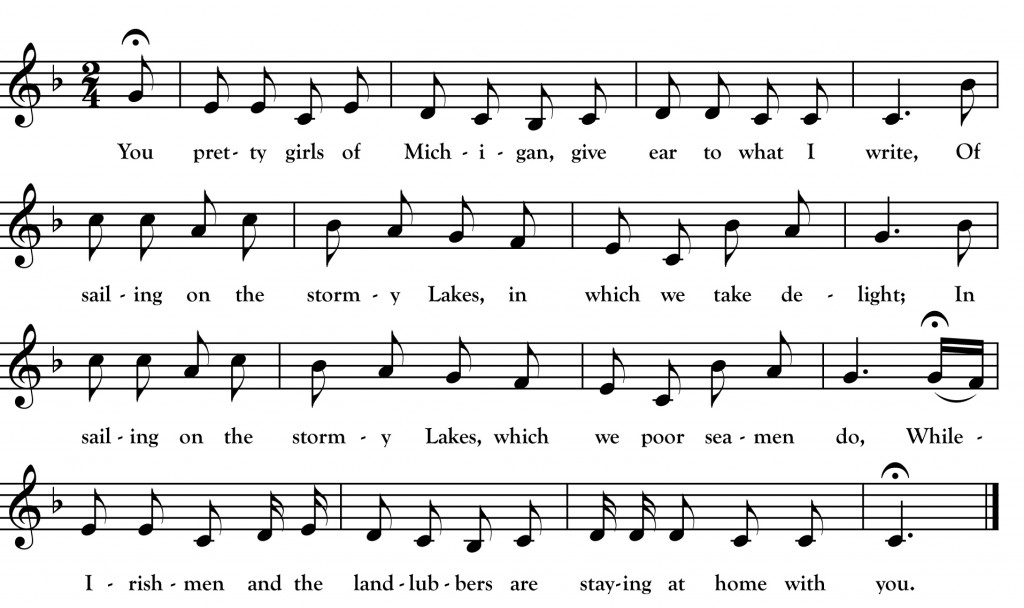The Day We Rode Behind McArthur’s Blacks

Four Hibbing sports so gay
To Chisholm made their way—
Not knowing Longyear Lake was full of cracks.
They all got quite a soak,
And some of the boys went broke—
The day we rode behind McArthur’s blacks.
CHORUS:
There was Gullicson and me,
And Brother Will, you see;
We tried our best to cover up our tracks;
But we made too big a break
In the ice on Longyear Lake—
The day we rode behind McArthur’s blacks
The road was rather wavy,
Some jolts were mighty heavy—
It was lucky we had cushions at our backs.
I took swift rides before.
But I don’t want no more—
Like the one I took behind McArthur’s blacks.
At Riley’s we did stop.
Then went to the plumbing shop,
Got fixed up and gladly paid the tax.
Then we telephoned Joe Zant,
We’d like to but we can’t—
The day we rode behind McArthur’s blacks.
The town we did survey
Before we came away
We inspected every building but the shacks.
The postoffice looked the best
To the farmer from the west—
The day we rode behind McArthur’s blacks.
When I awoke next morn
I looked somewhat forlorn—
I was shy a lot of North Dakota flax.
In spots I felt quite sore,
And vowed I’d ride no more—
Behind McArthur’s noted span of blacks.
We have a second song from the pen of Irish-Minnesotan poet and songsmith Jim Somers this month. The text appears in his book Jim’s Western Gems where Somers leaves us the note that it was “written at Duluth in 1912.”
The shores of Longyear Lake are in downtown Chisholm, Minnesota. Jim and his brother William Somers both lived in Hibbing at various times in the late 1800s and early 1900s. Jim moved to Minneapolis from his farmstead in North Dakota in 1910 and seems to have spent time in Hibbing and Duluth throughout these years. The story of falling through the ice behind McArthur’s black horses must have taken place around this time. (And who knows how much it was exaggerated in the song!)
No air is indicated for this song in Somers’ book. I used the air for “Down Went McGinty” which Somers indicated he used for another one of his songs in his book: “The Night That Miller Milked the Mooley Cow.” “Down Went McGinty” was sung in Bemidji for song collector Franz Rickaby in 1923 by Irene McCrady and it’s McCrady’s version I adapted for the above with a few changes.



